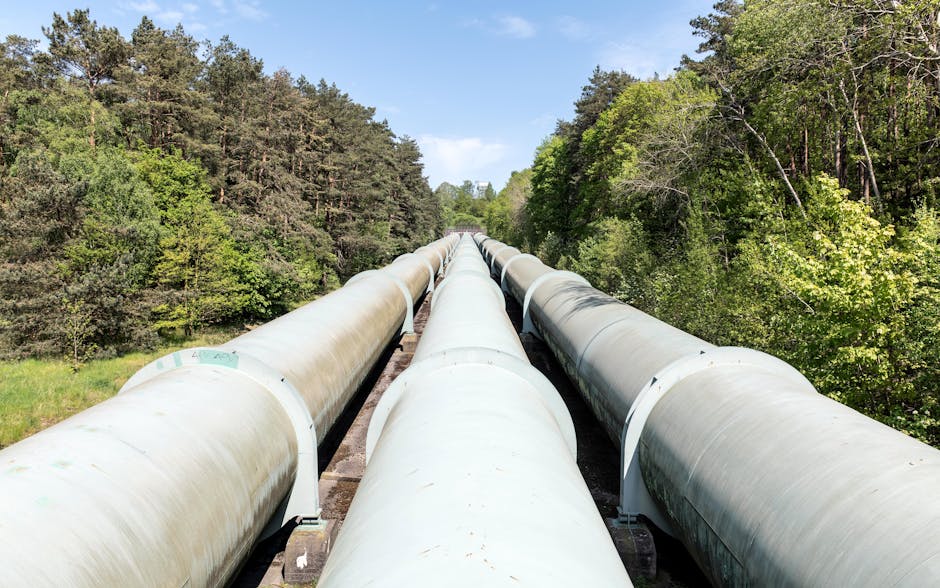The relentless march of industrialization has been inextricably linked to the extraction and consumption of fossil fuels, notably oil. Decades of relentless pursuit of this energy source has now brought us to a critical juncture. Is the world at peak oil production, or are reserves yet to be fully tapped? Examining this question requires an understanding of the factors influencing production, the implications for global economies, and the urgent need for sustainable alternatives.
Forecasting global oil production is a complex undertaking, laden with inherent uncertainties. The relentless quest for new reserves, coupled with technological advancements in extraction techniques, often obscures the true picture. While some models suggest a plateau in production, others predict continued growth, albeit at a slower rate. The crucial variable is not simply the amount of oil in the ground, but the cost-effectiveness of extraction relative to market demand.
A primary argument for reaching peak oil production rests on the diminishing returns principle. As easily accessible reserves are depleted, producers are compelled to turn to more challenging locations and methods. Deepwater drilling, enhanced oil recovery techniques, and extraction from unconventional sources like shale oil all involve significantly higher capital expenditure and environmental impacts. This economic reality, coupled with fluctuating oil prices, frequently makes previously viable projects uneconomical, potentially impacting future production.
Further complicating the picture are geopolitical considerations. International conflicts, political instability in key producing regions, and sanctions can disrupt supply chains and impede production. These unforeseen circumstances can significantly impact global oil production, creating volatility in markets and prompting speculation about potential shortages. Recent instances highlight the fragile nature of global oil supply chains and the need for diversified energy sources.
The environmental ramifications of sustained oil production are undeniable and should be a primary concern. The extraction, processing, and combustion of oil contribute significantly to greenhouse gas emissions, driving climate change and its attendant consequences. The increasing frequency and intensity of extreme weather events underscore the imperative of transitioning away from fossil fuels. A continued reliance on oil production could exacerbate environmental degradation, potentially leading to irreversible damage to ecosystems and human health.
Furthermore, the distribution of oil resources across the globe is not uniform. Certain regions hold substantial reserves, while others are largely devoid of significant deposits. This uneven distribution can lead to geopolitical tensions and further complicate the quest for energy security. It also raises critical questions about equitable access to resources and the sustainability of global consumption patterns.
The notion of “peak oil” itself is not a monolithic event but a dynamic process, varying by region and influenced by technological advancements, geopolitical circumstances, and the fluctuating global economy. For example, advancements in horizontal drilling and hydraulic fracturing have unlocked previously inaccessible reserves of shale oil and gas, temporarily delaying potential peak oil production for specific regions. However, these technologies often come with environmental trade-offs, including water contamination, and often do not provide a sustainable long-term solution.
Considering the myriad factors influencing oil production, a more nuanced perspective is needed. Instead of a singular ‘peak’ point, perhaps a gradual decline in production capacity is more accurate. This decline will be uneven across different regions, influenced by local economic conditions, political stability, and technological breakthroughs. It is this gradual, yet persistent trend, that necessitates a proactive and comprehensive shift towards renewable energy sources.
The transition to a low-carbon economy hinges on the successful implementation of sustainable energy alternatives. Solar, wind, and other renewable technologies are rapidly improving in efficiency and affordability, reducing the economic barriers to their widespread adoption. Government policies that incentivize renewable energy investment and deployment are essential in driving this transition. Investment in research and development for sustainable energy storage systems will further accelerate this crucial shift.
The consequences of delaying this transition are substantial. A prolonged dependence on oil production will exacerbate climate change, contribute to resource scarcity, and heighten geopolitical tensions. A diversified energy portfolio, encompassing renewable sources, energy efficiency, and sustainable practices, is vital for long-term economic stability and environmental sustainability.
It is imperative to acknowledge that the current trajectory of oil production might lead to eventual declines, though the timing and extent of these declines remain uncertain. This uncertain future necessitates a proactive, multi-pronged approach to energy transition, involving technological innovation, policy support, and consumer awareness. Education and public awareness campaigns can help foster a culture of environmental responsibility and promote the adoption of energy-efficient technologies.
Ultimately, the question of “peak oil” is not simply about the physical limits of production, but a crucial inflection point for the global community. It signals the urgent need for a paradigm shift in our energy systems, prompting a transition towards a more sustainable and resilient future. A future driven by clean energy, mindful consumption, and a collective responsibility towards preserving our planet.






